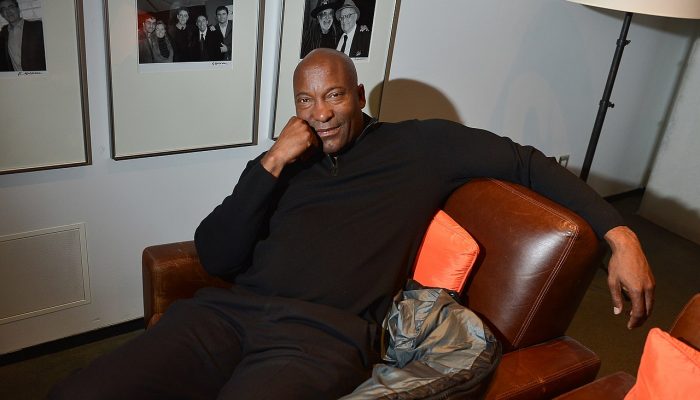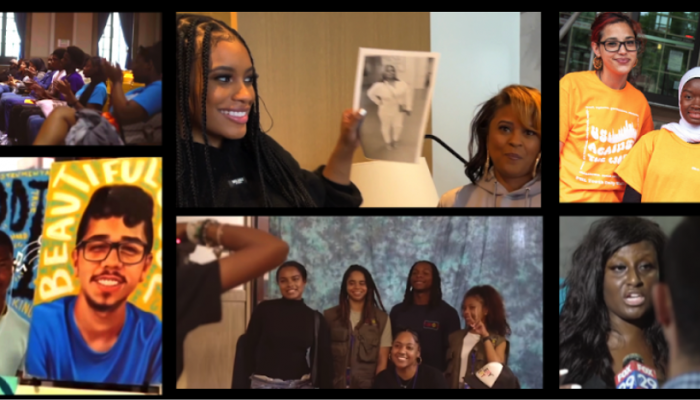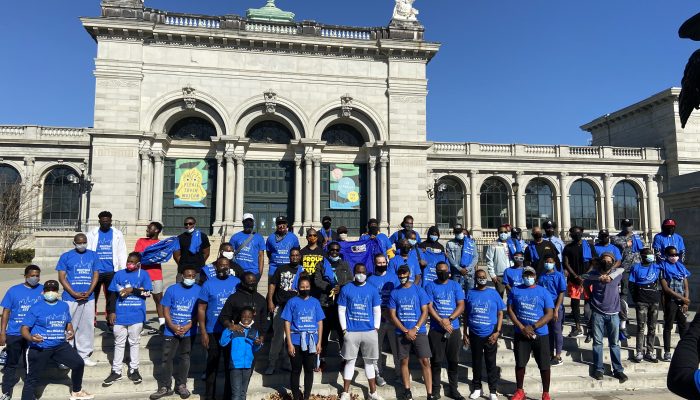Photo Credit: Canadian Film Centre
This post was written by Eric Westbrook, Director of the Mayor’s Office of Black Male Engagement.
On April 29, 2019, acclaimed screenwriter and director John Singleton passed away after suffering a stroke on April 17. Singleton’s films were known for their authentic depiction of life in black communities, and his debut, “Boyz N the Hood,” is often cited as an American classic. He was the first African American and the youngest-ever Academy Award nominee for best director. Director of the Mayor’s Office of Black Male Engagement, Eric Westbrook, shares the impact that John Singleton and his films had on him.
My Singleton story
I remember like it was yesterday. I was nine years old and the movie “Boyz N the Hood” had just come out in theaters. I overheard my teenaged friends in church discussing how “off the hook” the movie was and how much it made them cry. I remember thinking: a movie made one of the toughest kids I know cry? The last time I heard about someone close to my age crying from a movie was Disney’s “Bambi.” My parents were convinced I was too young to watch, so I went over to one of my friend’s houses where the rules weren’t as strict.
When I finally watched the movie, I couldn’t stop crying. I felt like his character Trey and saw many similarities in our stories.
I was taught to respect authority, value education, and love all people — especially black people in my community. At the same time, I was surrounded by Doughboys, who weren’t taught those lessons and were respected in the neighborhood for doing the opposite. Countless innocent gun violence victims were caught in the crosshairs of pride and jealousy. And police officers constantly got us Treys, Doughboys, and Rickys confused with each other.
Transforming the narrative about black America
John will forever be remembered as a film icon with a simple message: “You can only really write about what you know about.” He knew South Central Los Angeles. He knew survival. He knew his black experience was universal in communities across America, and he invited everyone to see it and feel it.
The narrative of black people is not an easy one to tell. It features complex struggle, pain, perseverance, and relentless optimism.
John Singleton’s ability to tell a story that was very familiar for black people in a way that connected with audiences everywhere gave others a chance to peer through his window into our unique experience. John wrote about what he knew and invited others to learn. It made us — especially black men and boys — feel seen.
Connections to black health
Tragically, we lost John Singleton this week at the age of 51 due to complications from high blood pressure which led to a stroke. High blood pressure is a known risk factor for heart disease — the leading causes of death for black men — and stroke.
As we honor and celebrate the stories John left us, should also work to transform the narrative around black and brown men and boys and our health. We must remember the need to take care of ourselves — mentally, physically, and spiritually.




